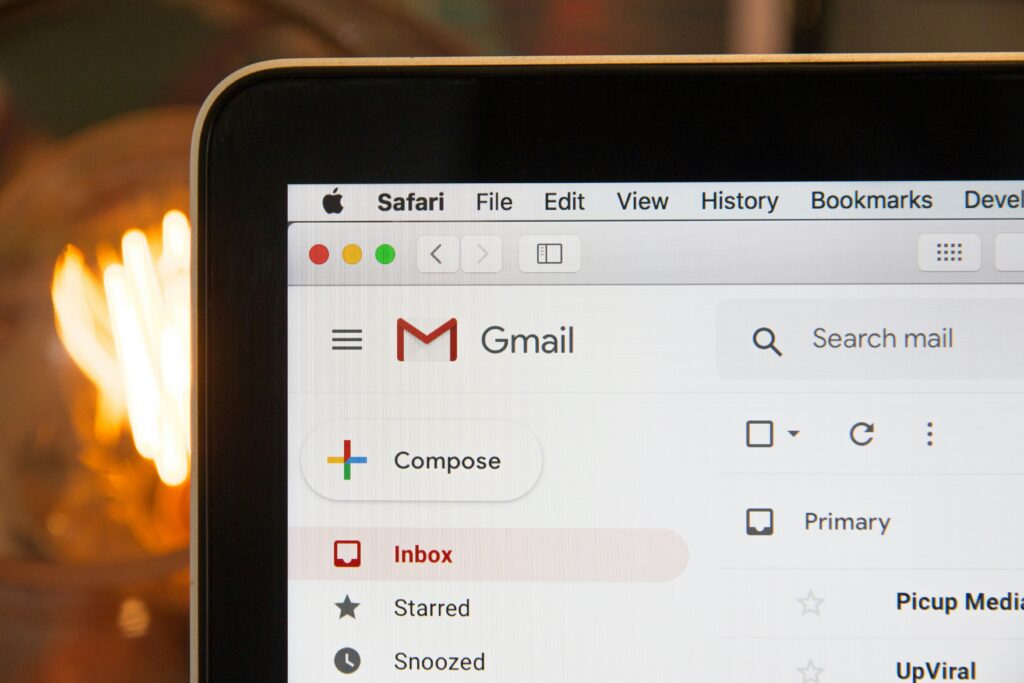The need for privacy and anonymity is more significant than ever. Whether you’re a whistleblower, a journalist working on sensitive stories, or simply someone who values their online privacy, sending anonymous emails can be a crucial skill to have. In this guide, we’ll explore five simple ways to send anonymous emails, ensuring your messages remain confidential and untraceable.

1. Using an Anonymous and Encrypted Email Provider
When it comes to anonymity, opting for an anonymous and encrypted email provider is your best bet. These services function much like regular email platforms but offer enhanced privacy features such as end-to-end encryption and robust data protection. Here are some noteworthy options:
ProtonMail
ProtonMail provides end-to-end encrypted emails, ensuring that only the sender and recipient can access the content. You can even set passwords for non-users accessing your emails, adding an extra layer of security.
Tutanota
Tutanota boasts end-to-end encryption and two-factor authentication, making it a highly secure option. As an open-source service, it undergoes scrutiny from security experts, ensuring top-notch protection for your emails.
StartMail
StartMail emphasizes data privacy and ownership, allowing users to create and delete email addresses at will. With features like disposable addresses and custom domains, StartMail offers flexibility without compromising security.
Guerrilla Mail
For a no-signup-required option, Guerrilla Mail is the way to go. It assigns random email addresses that expire within an hour, perfect for quick and anonymous communication.
Cyber Atlantis
Similar to Guerrilla Mail, Cyber Atlantis offers hassle-free emailing without the need for registration. It’s straightforward and ideal for users prioritizing simplicity and privacy.
Anonymousemail
Anonymousemail lets you send emails directly from their website, with both free and premium tiers available. Premium members enjoy additional features like email tracking and attachment sending.
2. Creating a Burner Email Account
Sometimes, simplicity is key. Creating a “burner” email account—unlinked to your personal information—can provide a decent level of anonymity. Mainstream services like Gmail, Yahoo Mail, and Outlook are viable options, but ensure you refrain from using your real name.
3. Hiding Your IP Address
Your IP address can reveal a lot about your identity, including your general location and internet service provider. To safeguard your anonymity, consider masking your IP address using a Virtual Private Network (VPN) or the Tor network.
4. Removing Metadata from Attachments
Before attaching files or images to your emails, scrub them of any metadata that could potentially identify you. Metadata often contains information about the device used, editing software, and even GPS coordinates, posing a risk to your anonymity.
5. Encrypting Your Messages
Encrypting your emails adds an extra layer of security, preventing unauthorized access to your content. Popular email clients like Gmail and Outlook offer encryption options, allowing you to send sensitive information without fear of interception.
Why Send Emails Anonymously?
The reasons for sending anonymous emails vary, but common motives include protecting personal information, whistleblowing, and avoiding online tracking. Anonymity empowers individuals to communicate freely without fear of repercussion or invasion of privacy.
FAQs
1. Can anonymous emails be tracked?
When executed correctly, anonymous emails are virtually untraceable. By employing encryption, masking IP addresses, and removing metadata, senders can maintain their anonymity effectively.
2. Is it legal to send anonymous emails?
Yes, sending anonymous emails is legal. However, using anonymity for illegal activities may result in legal consequences.
3. How can I send anonymous emails on Outlook and Gmail?
Both Outlook and Gmail offer encryption options to send anonymous emails. By creating accounts unassociated with your personal information and enabling encryption settings, you can communicate securely.
4. Can I send attachments with anonymous emails?
Yes, many anonymous email services allow attachments. However, ensure that you remove metadata from attachments to protect your anonymity.
5. How can ForestVPN enhance my online privacy?
ForestVPN offers robust encryption and anonymous browsing, safeguarding your online activities from prying eyes. With ForestVPN, you can browse the web securely and anonymously, protecting your privacy at all times.
Hide me vpn for android
When it comes to using a VPN for Android, ForestVPN is an excellent choice. ForestVPN ensures a secure and private connection, encrypting your internet traffic and protecting your online identity. With ForestVPN, you can browse the web anonymously, access geo-restricted content, and enjoy a seamless online experience on your Android device.
Whether you’re concerned about online privacy, want to access region-restricted content, or simply secure your internet connection, ForestVPN for Android has you covered. Experience the freedom of a secure and anonymous online presence. Check out ForestVPN here and take control of your online privacy!

